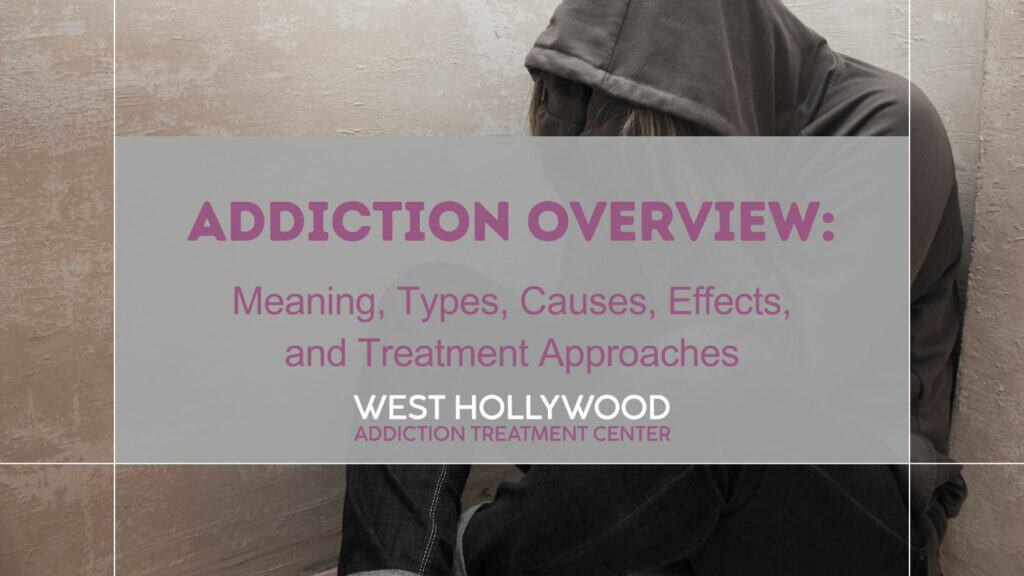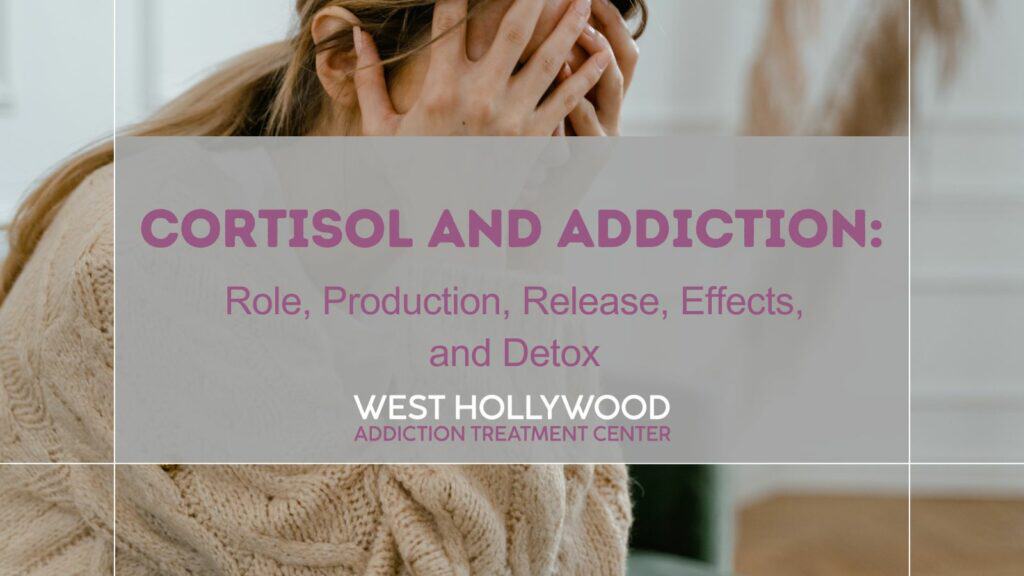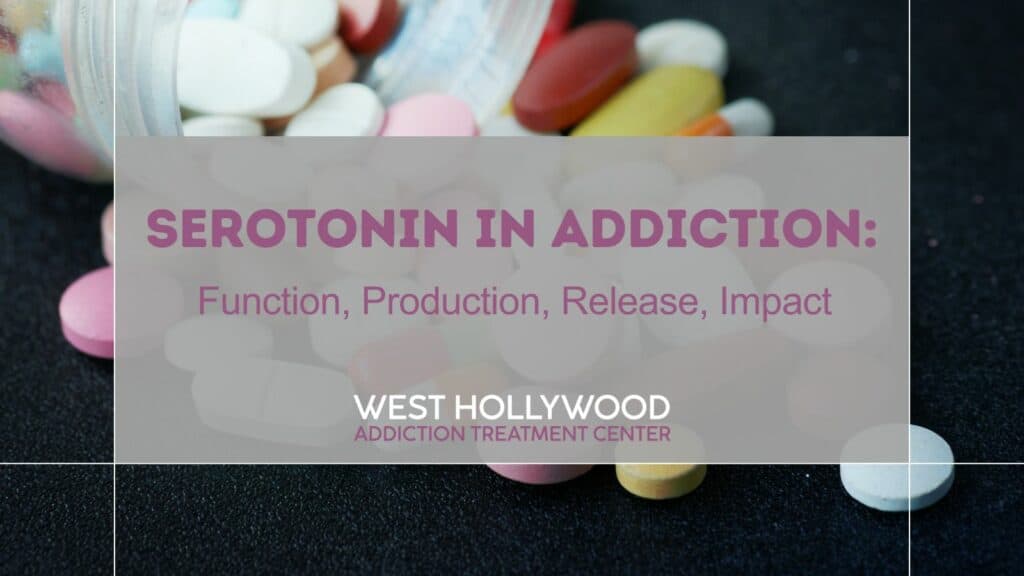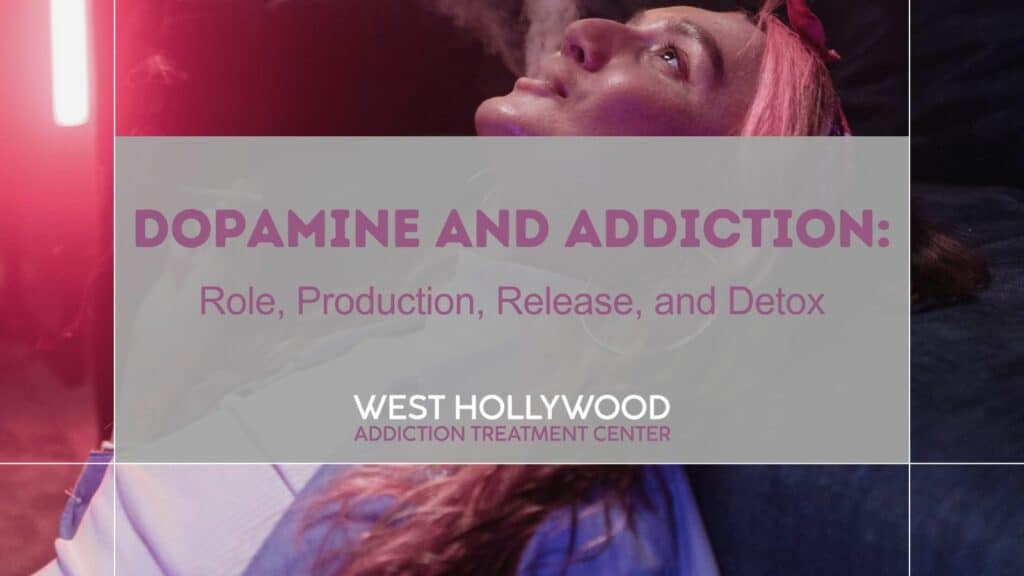Addiction is a persistent brain disorder affecting the reward, motivation, and memory systems. It manifests as an intense craving for a substance or behavior, often leading to a compulsive and obsessive pursuit of “reward” with little regard for consequences.
Two main types of addiction exist: substance use disorders (SUDs), which are the misuse of drugs, and behavioral addictions, such as gambling disorder.
The signs and symptoms of addiction are, viz: psychological, behavioral and social signs, and physical.
The cause of addiction is multifaceted and constitutes biological, genetic, environmental, and experiential components.
Addiction results in adverse outcomes, such as physical health problems, financial instability, legal entanglements, social isolation, strained relationships, employment challenges, heightened susceptibility to illnesses and accidents, and an elevated risk of premature death.
Treatment approaches for addiction encompass medical detoxification, residential or outpatient treatment, behavioral therapies, pharmacotherapies, support groups, holistic therapies, family involvement, and aftercare planning, all aimed at helping individuals overcome substance use disorders and maintain long-term recovery.
What Is Addiction?
Addiction is a chronic encephalopathy characterized by the inability to control the consumption of legal or illegal substances or engage in specific behaviors, impacting a person’s behavior and decision-making abilities.
Addiction, as defined by the American Society of Addiction Medicine, is a treatable medical condition attributed to besetting substance use or behavior, driven by complex interactions among brain circuits, genetics, environment, and life experiences. While initially voluntary, addiction diminishes self-control and persists despite untoward ramifications.
The American Psychiatric Association’s Diagnostic and Statistical Manual of Mental Disorders (DSM-5) includes only gambling disorder as a formally diagnosed behavioral addiction because of limited research and inconsistent findings for other behavioral addictions, and it recognizes that additional research into behavioral addictions is needed.
What Are the Types of Addiction?
Addiction manifests in two forms:
- Substance Addiction: This addiction classification comprises the misuse of drugs or alcohol, leading to physical and psychological dependence. Common substances of abuse include alcohol, opioids, stimulants, sedatives, and illicit drugs like cocaine and heroin.
- Behavioral Addiction: Behavioral addictions consist of neurotic behaviors that provide a reward or pleasurable experience. Examples include gambling addiction, internet addiction, gaming addiction, obsessional shopping, and eating disorders such as binge eating or food addiction.
The most prevalent drug addictions are:
- Alcohol
- Opioid (including prescription painkillers and heroin)
- Nicotine (tobacco products)
- Cocaine
- Methamphetamine
- Marijuana
- Benzodiazepine
- Stimulants (such as amphetamines)
- Hallucinogens
- Inhalants
The most common behavioral addictions include:
- Gambling
- Internet (including social media, gaming, and online shopping)
- Food (such as binge eating disorder)
- Sex
- Exercise (excessive or unhealthy time spent on exercise)
- Shopping
- Work (workaholism or overworking)
- Pornography (fixational viewing of pornography)
- Video game
- Inveterate hoarding
What Are the Causes of Addiction?
A combination of genetic, environmental, and psychological factors influences the development of addiction. Some common causes and risk factors include:
- Genetic Predisposition: Genetic factors contribute to an individual’s susceptibility to addiction. Certain genetic variations influence how a person responds to drugs or stimuli, increasing their likelihood of developing an addiction.
- Environmental Factors: Environmental influences, such as exposure to substance abuse, trauma, stress, and peer pressure, play a significant role in addiction development. Adverse childhood experiences, socioeconomic factors, and availability of addictive substances also exacerbate addiction risk.
- Psychological Factors: Psychological factors such as mental health disorders, trauma, low self-esteem, and poor coping skills create addiction vulnerability. Individuals turn to substances or behaviors as a way to self-medicate or alleviate emotional distress.
What Are the Effects of Addiction?
The effects of addiction are far-reaching and impact various aspects of an individual’s life, including:
- Physical Health: Substance abuse leads to numerous physical health problems, including organ damage, cardiovascular issues, respiratory problems, infectious diseases, and an increased risk of overdose or death. Behavioral addictions also result in physical health consequences, such as obesity, malnutrition, and sleep disturbances.
- Mental Health: Addiction is closely linked to mental health disorders such as depression, anxiety, bipolar disorder, and post-traumatic stress disorder (PTSD). Substance abuse aggravates existing mental health issues and augments the risk of erupting new ones. Conversely, untreated mental health disorders precipitate substance abuse and addiction.
- Relationships: Addiction strains relationships with family members, friends, and romantic partners. Individuals struggling with addiction prioritize their substance use or coercive behaviors over personal relationships, leading to conflicts, mistrust, and social isolation. Family dynamics become dysfunctional, with loved ones experiencing stress, enabling behaviors, or codependency.
- Occupational and Financial Stability: Addiction impairs cognitive function, judgment, and decision-making abilities, impacting an individual’s ability to work or maintain employment. Substance abuse provokes absenteeism, poor job performance, and loss of income. Furthermore, addiction-related expenses such as purchasing drugs or gambling constrict finances and inflames debt or financial instability.
What Are the Treatment Approaches for Addiction?
Fortunately, addiction is a treatable condition, and numerous evidence-based treatment approaches are available. Some familiar treatment modalities include:
- Behavioral Therapies: Behavioral therapies such as cognitive-behavioral therapy (CBT), dialectical behavior therapy (DBT), motivational interviewing (MI), and contingency management (CM) are widely used in addiction treatment. These therapies help individuals identify and change unhealthy thoughts, behaviors, and patterns associated with addiction.
- Medication-Assisted Treatment (MAT): MAT combines behavioral therapies with medications to address substance use disorders. Medications such as methadone, buprenorphine, naltrexone, and disulfiram are used to reduce cravings, alleviate withdrawal symptoms, and prevent relapse.
- Support Groups: Support groups such as Alcoholics Anonymous (AA), Narcotics Anonymous (NA), and Gamblers Anonymous (GA) provide peer support, encouragement, and accountability for individuals in recovery. These groups offer a sense of community, shared experiences, and practical strategies for maintaining sobriety.
- Residential Treatment Programs: Residential or inpatient treatment programs offer intensive, round-the-clock care in a structured environment. These programs typically include individual therapy, group counseling, educational sessions, and recreational activities to promote recovery and rebuild life skills.
- Holistic Therapies: Holistic approaches to addiction treatment incorporate complementary therapies such as yoga, meditation, acupuncture, art therapy, and mindfulness practices. These therapies address the mind-body connection, promote relaxation, reduce stress, and enhance overall well-being during recovery.
Seeking Help for Addiction?
Don’t face addiction alone. Whether you’re struggling with substance abuse or behavioral addiction, support is available. Reach out to a trusted healthcare provider or addiction specialist today to start your journey toward recovery. You deserve a life free from the grip of addiction. Take the first step towards healing and reclaiming control of your life.
How do cultural factors influence addiction susceptibility?
Cultural factors shape attitudes toward substance use and addictive behaviors. Cultural norms, beliefs, and practices regarding alcohol, drugs, gambling, and other addictive activities inveigle individuals’ likelihood of engaging in these behaviors. For example, cultures with permissive attitudes toward alcohol consumption have higher rates of alcohol addiction. Conversely, cultures that stigmatize addiction deter individuals from seeking help or acknowledging their struggles.
Are there alternative therapies for addiction besides traditional counseling?
Yes, numerous alternative therapies complement traditional counseling approaches in addiction treatment. These include:
- Equine therapy: Interacting with horses in a therapeutic setting promotes emotional healing, improves communication skills, and enhances self-awareness for individuals in recovery.
- Adventure therapy: Outdoor activities such as hiking, rock climbing, and ropes courses are used to promote personal growth, build confidence, and develop problem-solving skills in addiction treatment.
- Music therapy: Engaging in musical activities such as playing instruments, songwriting, or listening to music helps individuals express emotions, reduce stress, and foster relaxation during recovery.
- Animal-assisted therapy: Interacting with therapy animals, such as dogs or cats, offers comfort, companionship, and emotional support for individuals struggling with addiction.
How does socioeconomic status influence addiction risk and access to treatment?
Socioeconomic status influences addiction risk and access to treatment. Individuals from lower socioeconomic backgrounds face greater exposure to environmental risk factors for addiction, such as poverty, unemployment, housing instability, and limited access to healthcare services. Additionally, financial constraints hinder access to addiction treatment and recovery support resources, further amplifying disparities in treatment results. Addressing socioeconomic factors is essential for promoting equity in addiction prevention, treatment, and recovery efforts.
Does addiction impact creativity or artistic expression?
Addiction has devastating effects on creativity or artistic expression. Some individuals perceive substance use or compulsive behaviors as enhancing creativity or artistic expression. However, research suggests that the relationship between addiction and creativity is complex and multifaceted. While substances or behaviors temporarily lower inhibitions or enhance mood, the long-term effects of addiction on cognitive function, emotional well-being, and overall health ultimately undermine creative pursuits. Seeking treatment and adopting healthy coping strategies are essential for sustaining creativity and artistic fulfillment in the long term.
How Does Dopamine Influence Addiction?
Dopamine, a neurotransmitter associated with pleasure and reward, plays a crucial role in addiction. Drugs and addictive behaviors can stimulate the release of dopamine in the brain’s reward system, leading to feelings of euphoria and reinforcing the addictive behavior. Over time, repeated drug use can disrupt dopamine signaling, leading to tolerance, dependence, and addiction.
How Does Serotonin Influence Addiction?
Serotonin, another neurotransmitter, also plays a role in addiction. It modulates mood, anxiety, and impulse control, influencing an individual’s vulnerability to addiction. Imbalances in serotonin levels or dysfunction in serotonin receptors can contribute to the development and maintenance of addictive behaviors, particularly in substances that affect mood and emotion.
Are there unique challenges faced by older adults struggling with addiction?
Yes, older adults face unique challenges in recognizing and addressing addiction. Age-related changes in physical health, cognitive function, and social support networks complicate addiction assessment and treatment. Also, older adults are more likely to be prescribed medications with addictive potential or to use alcohol or other substances to cope with age-related stressors such as retirement, loss of loved ones, or chronic health conditions. Healthcare providers need to consider age-specific factors when diagnosing and treating addiction in older adults.

Share This Post



